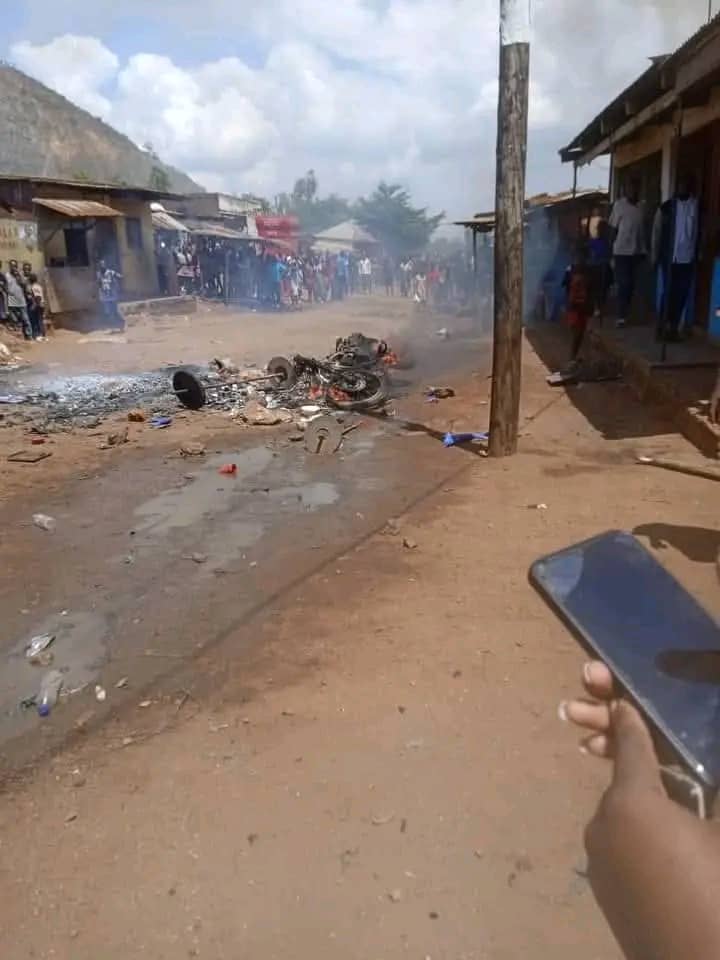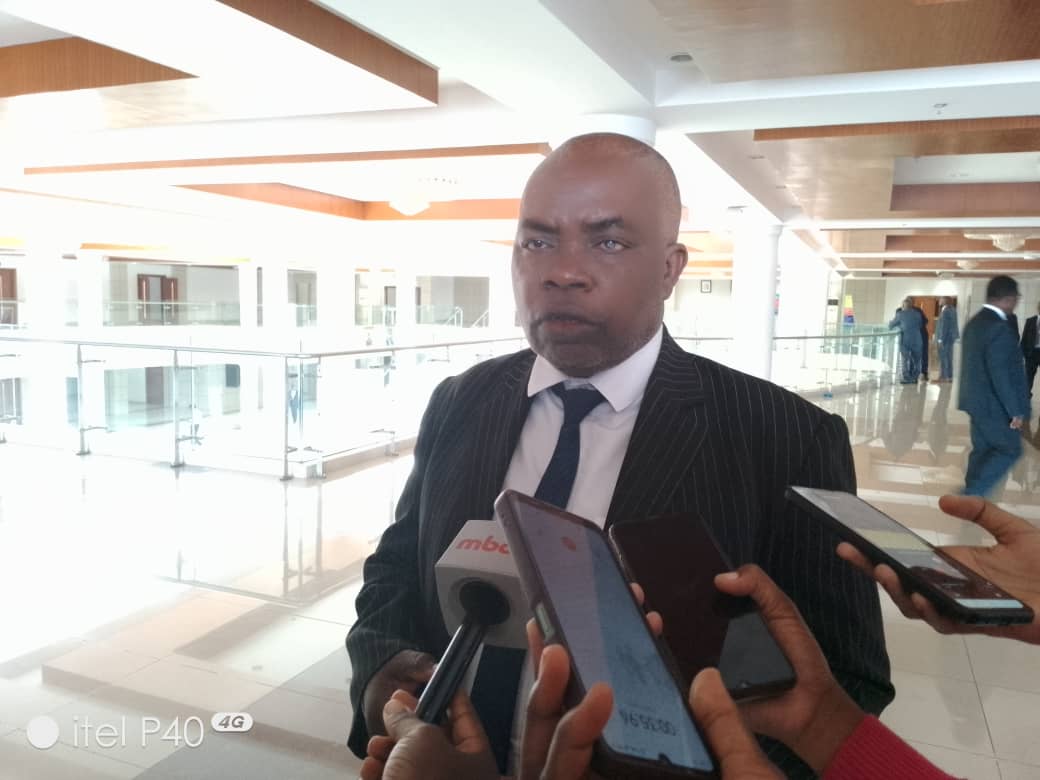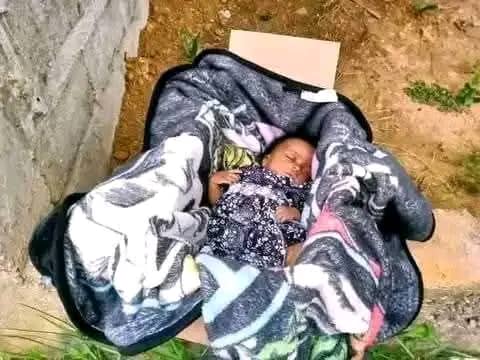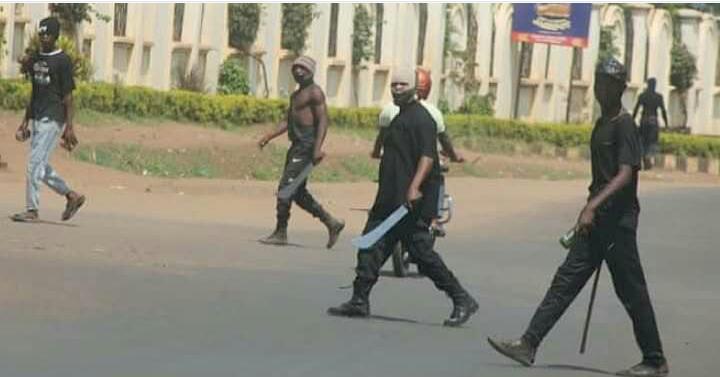By Burnett Munthali
Area 24 in Lilongwe was engulfed in chaos as residents took matters into their own hands against Nelson Kuchima, a man accused of terrorizing the community. In a dramatic sequence of events, Kuchima’s house was demolished, his vehicle set ablaze, and he was brutally beaten. The community’s anger did not stop there—shops believed to belong to his associates were also burned down in Ngwenya.
For years, Kuchima and his group were reportedly known for their violent activities, sowing fear and tension in the area. However, this week marked a turning point as the community’s patience ran out. The phrase “Yakwiya ndi mizimu” has become a rallying cry, symbolizing what many see as a reckoning with fate or divine justice.
The destruction of property and physical attacks were not random acts but a calculated response by residents who felt the legal system had failed them. Tensions had been simmering for months, and when they finally boiled over, the results were catastrophic.
In Malawian culture, La 40 limakwana refers to the inevitable day of accountability when one’s actions catch up with them. For Kuchima and his associates, this was their day of reckoning. The destruction of shops in Ngwenya symbolized the community’s collective decision to rid itself of those perceived as enablers of violence.
While many in the community feel a sense of relief, these actions highlight the growing issue of mob justice in Malawi. Vigilantism often spirals out of control, risking the lives and property of innocent individuals. It also points to a lack of faith in law enforcement and the judiciary to provide timely and fair justice.
The events in Area 24 raise critical questions about the role of law enforcement and the justice system. What drives communities to take such extreme actions? Could this have been avoided if authorities acted sooner?
Authorities must investigate this incident thoroughly and work towards rebuilding trust between communities and the justice system. Swift and fair responses to crime are essential to prevent further escalation of such events.
As the flames die down and the rubble remains, Area 24 stands as a symbol of a community’s breaking point. The scars left by these events will not heal overnight, but they serve as a stark reminder of the consequences of neglecting the cries of those who feel powerless.




